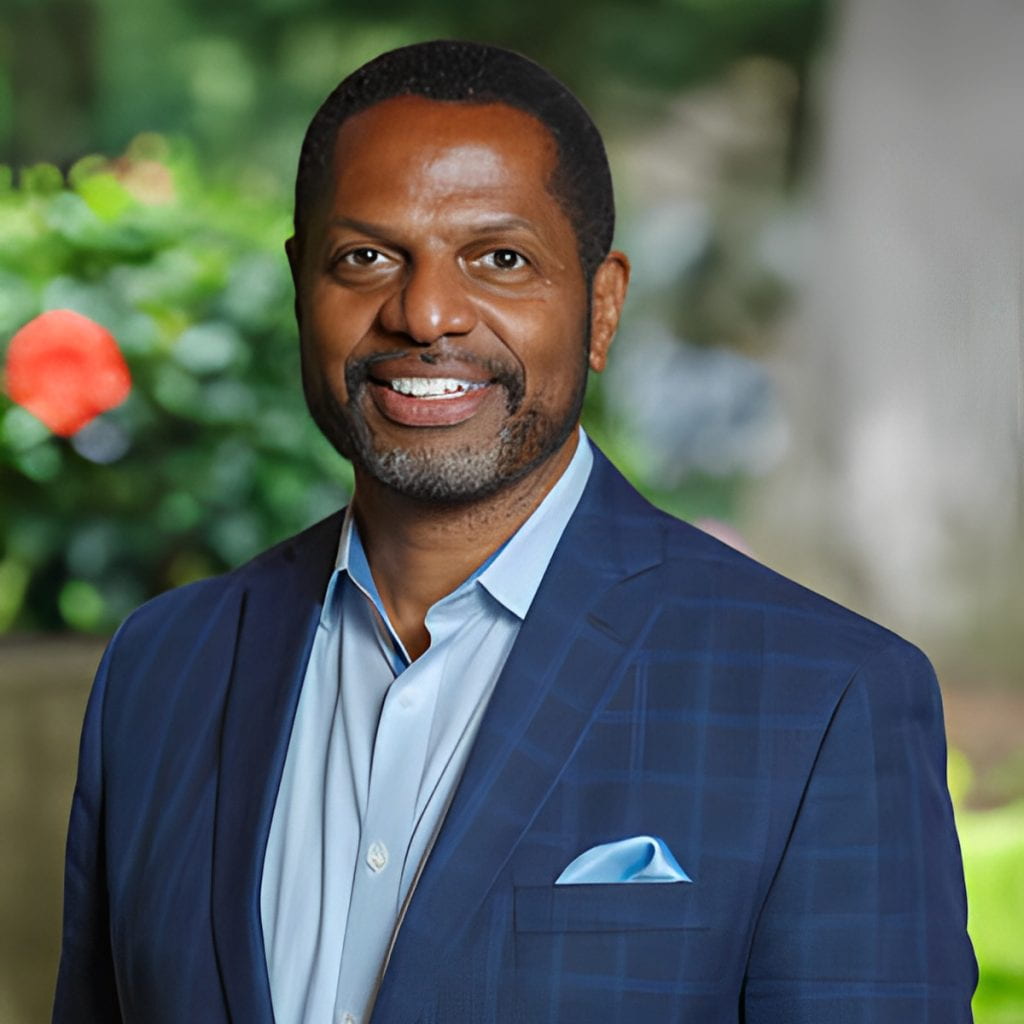by Karl W. Reid, Ed.D.

In the wake of George Floyd’s murder in the summer of 2020, and after hosting several listening sessions with Black students on the Boston campus, Northeastern University’s President Aoun announced a bold commitment to “to address the scourge of systemic racism” and to “advance our commitment to diversity, equity, and inclusion.” This multi-faceted call to action included administering Northeastern’s first diversity and equity (D&E) climate survey to all faculty, staff, and students to benchmark the institutional climate with the expectation that we would improve inclusive experiences for all members of our community.
We’re making progress. The second administration of the biannual climate survey in 2023 revealed positive directions on measures of institutional climate and belonging for all respondents. More about these results later.
I’ve previously written here about why we’ve prioritized belonging as the throughline for our efforts to advance our DEI commitment after reviewing the results of this first “Many Voices, One Northeastern” diversity and equity climate survey administered in 2021.
In keeping with the university’s core values that emphasize experience and impact, every university leader committed to share the survey findings within their units after receiving training on hosting inclusive conversations. The leaders of colleges, regional campuses, and administrative units across the global university system were subsequently required to develop three-year action plans that responded to the president’s call, and to their unit-specific climate survey results. Forty (40) plans were submitted to, and reviewed by ODEI, representing 130 strategies. ODEI conducts ongoing annual and quarterly reviews of the plans.
One year into this effort, we are developing a university-wide blueprint that builds on this collaborative effort to create a shared belief that fosters a climate in which all members of our community feel seen, valued, and heard and reinforced by our policies, practices, and structures. We have labeled this blueprint, EXPERIENCE Belonging.
Our vision is one in which everyone in our community takes shared ownership to foster belonging. This is not the responsibility of just one office, one officer, or just the leaders. Experiencing Belonging should be everyone’s responsibility. Indeed, this is the only way we could achieve global inclusive impact.

As the blueprint illustrates, we must incorporate a global lens that respects and celebrates local cultures and norms, while interrogating structures and practices that unknowingly reinforce inequities at all levels of our university. To these ends, we have identified 4 major thrusts as indicated above:
- Create a Culture of Learning to increase awareness, understanding, and develop skills for supervisors, employees, and students to be more equipped to engage in meaningful discourse and to foster shared ownership to advance diversity, equity, inclusion, and belonging at all levels.
- Integrate Inclusive Practices in which all academic and administrative units institute practices that ensure the most effective ways in which individuals are hired, promoted, and evaluated while we identify and close equity gaps.
- Centralize and Distribute Resources to inform and equip our community to practice inclusive behaviors.
- Develop University wide External Partnerships that enable and catalyze this strategy.
Each of these areas has specific goals and metrics that will be developed by members of the community. In the coming months, we will share more about how we will operationalize this strategy. In the meantime, we welcome your feedback and most importantly, your engagement toward creating the university that we all can be proud of.
Warm regards,
Karl W. Reid, Ed.D.
Chief Inclusion Officer
Northeastern University